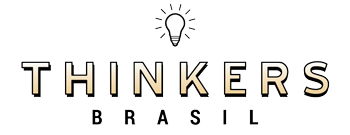A Methodology for Think Tanks, Theory of Change

“Theory of Change” is a methodology used in the planning, implementation and evaluation of social change programs and interventions.
It describes the underlying assumptions, pathways and mechanisms by which an initiative or program is expected to lead to specific outcomes and impacts.
By setting long-term goals and working backwards to identify preconditions, activities and progress indicators, “Theory of Change” helps stakeholders clarify their vision, establish a shared understanding of the change process, and measure the effectiveness of your efforts.
There is no single book that encapsulates the “Theory of Change”, as it is an approach that has evolved over time and has been used and adapted in many fields, including international development, public policy and organizational management.
However, some key texts and scholars contributed to the development and popularization of the “Theory of Change”:
1- Carol Weiss: Weiss is a prominent evaluation scholar who introduced the concept of “theory-based assessment” in her 1995 article “Nothing as Practical as a Good Theory: Exploring Theory-Based Assessment for Comprehensive Community Initiatives for Children and Families”.This concept laid the groundwork for the development of the “Theory of Change” approach.
2- “A Guide to Developing a Theory of Change,” by ActKnowledge and Aspen Institute Roundtable on Community Change (2004):This guide offers a hands-on introduction to “Theory of Change”, providing step-by-step instructions for creating a Theory of Change, along with examples and templates.
3- “Making Theories of Change Work: Outcomes-Based Approaches in Public Agencies” by John Mayne (2015):This article discusses how “Theories of Change” can be applied to public sector organizations to improve program design and evaluation.
4- “Unpacking Your Theory of Change:A Guide to Building Impact,” by New Philanthropy Capital – NPC (2019): This guide offers practical advice for creating a “Theory of Change” as well as tips for engaging stakeholders, reviewing progress, and learning from the process.
These resources, along with others, contribute to a growing body of literature on “Theory of Change”, providing practitioners with guidance and information for applying this approach to a variety of contexts and initiatives.
Stephen Kanitz




